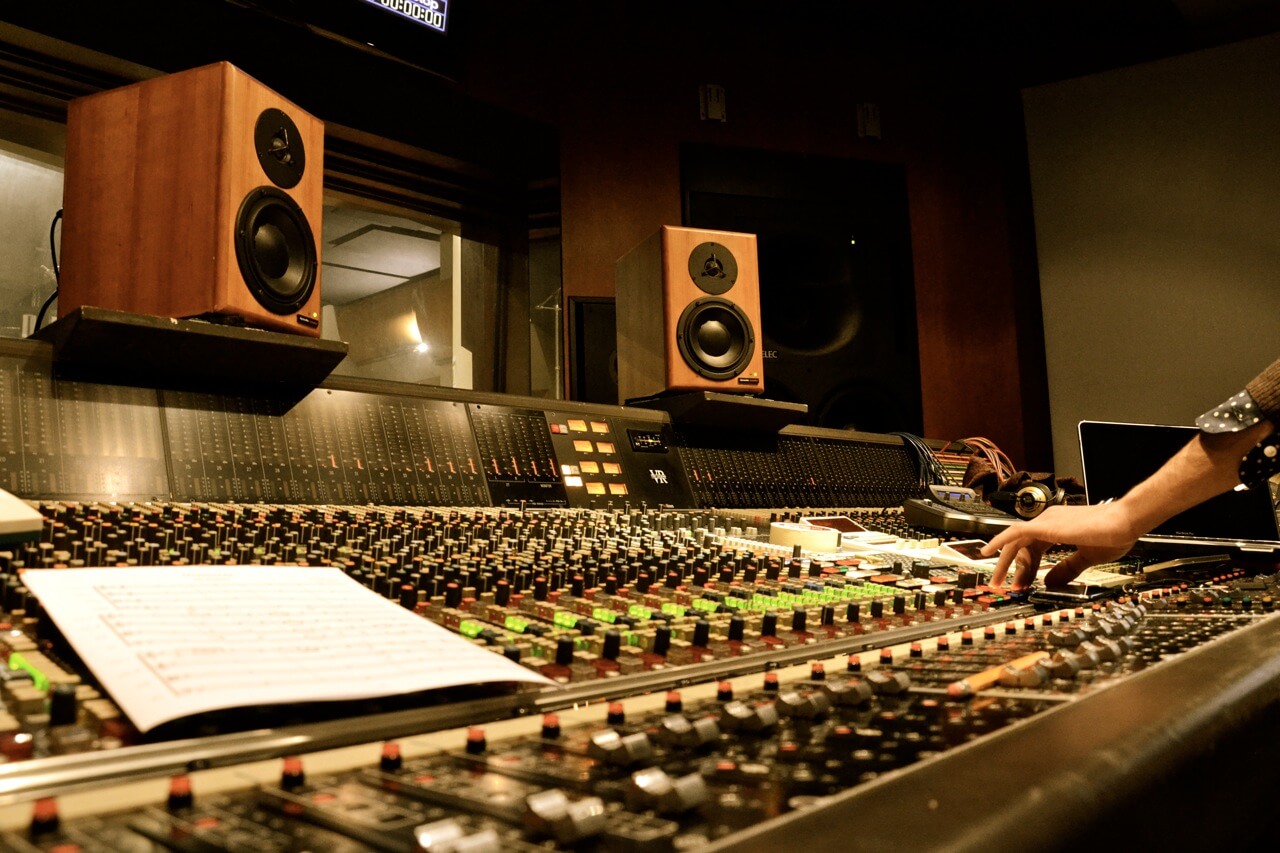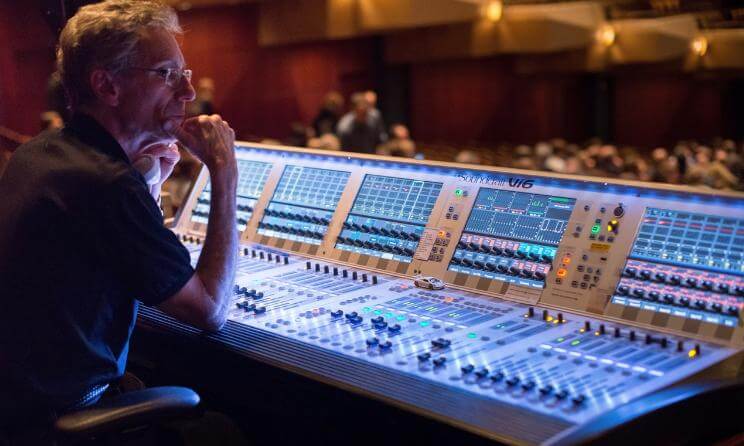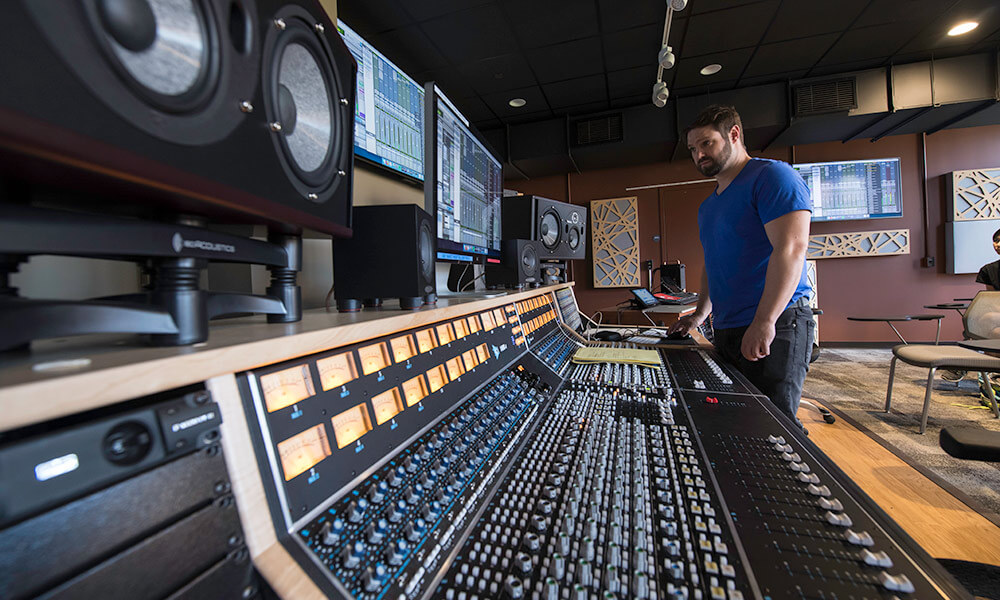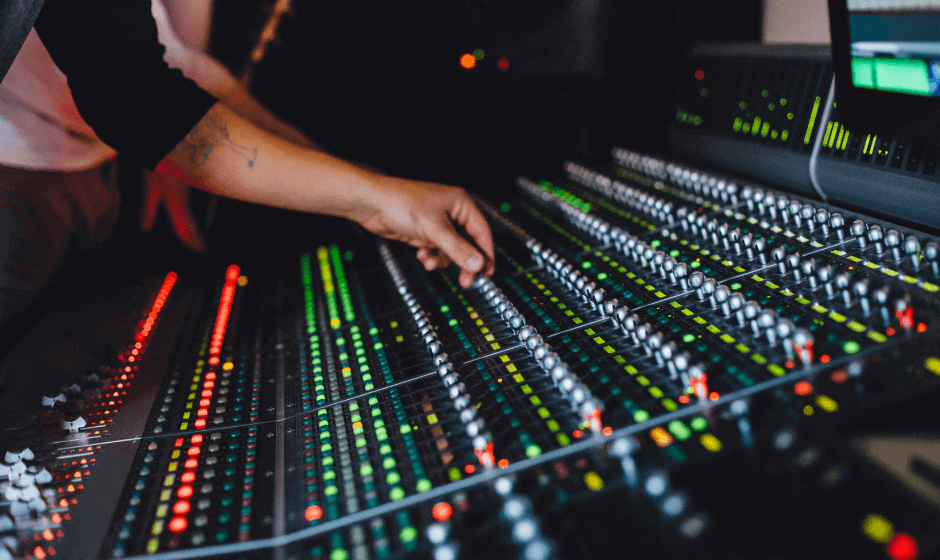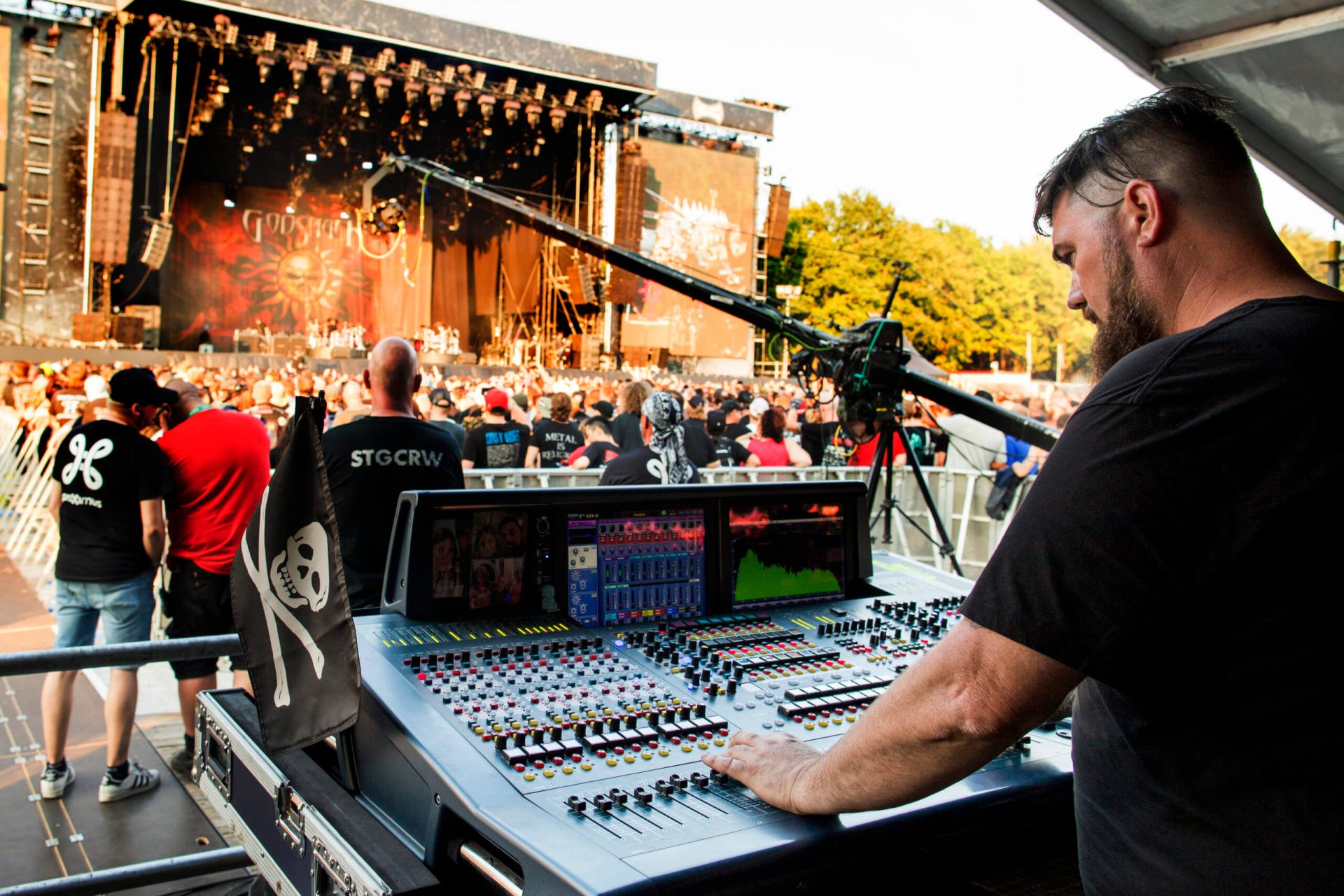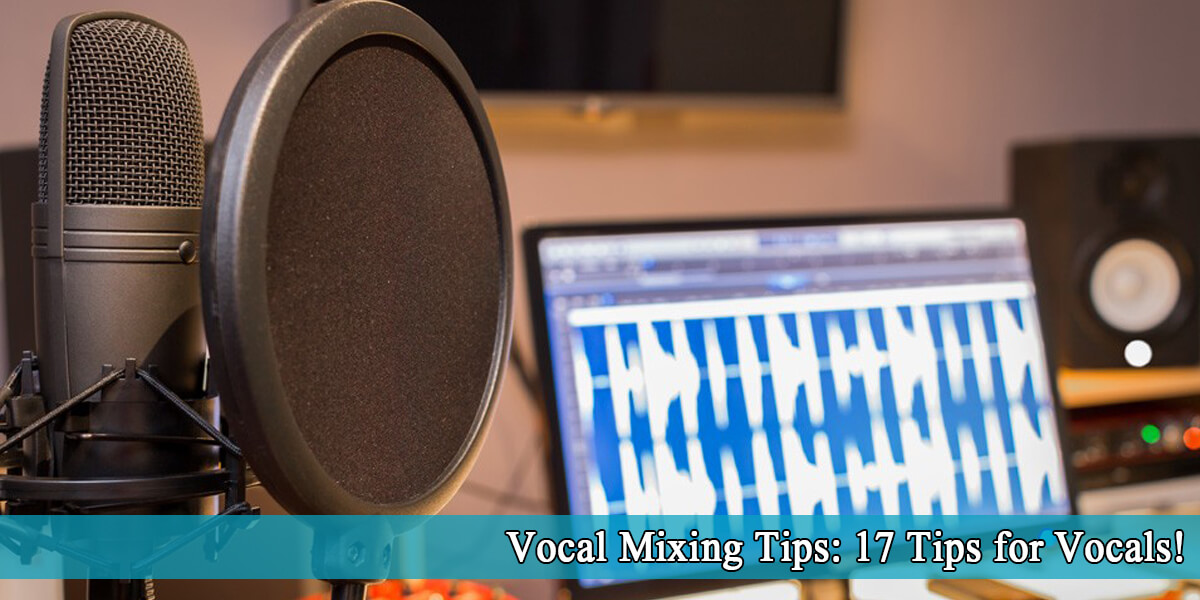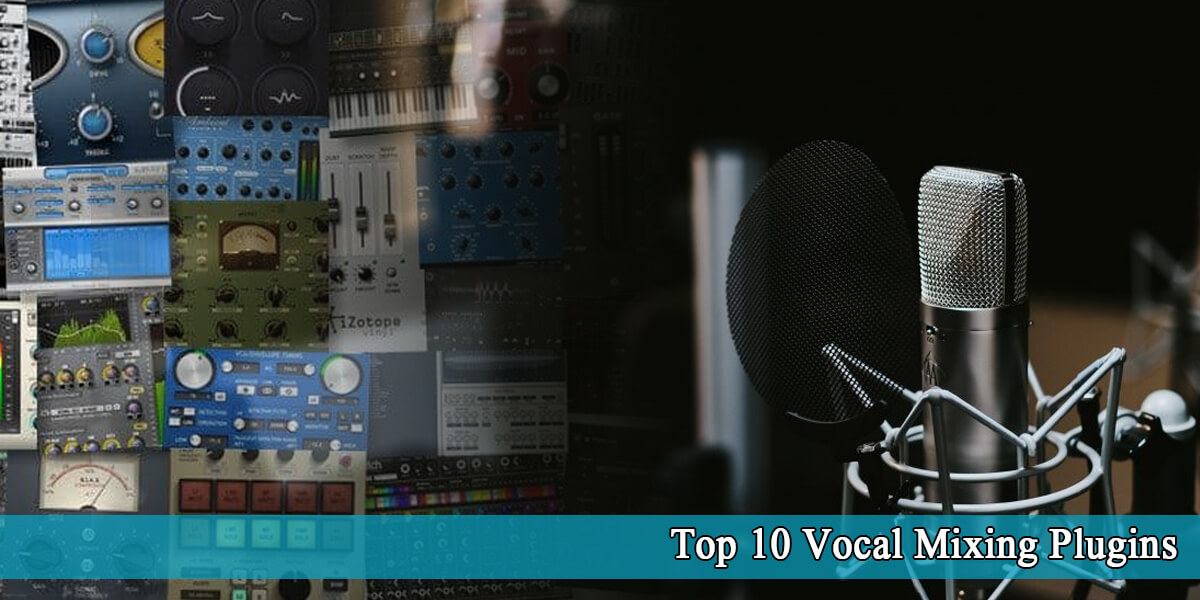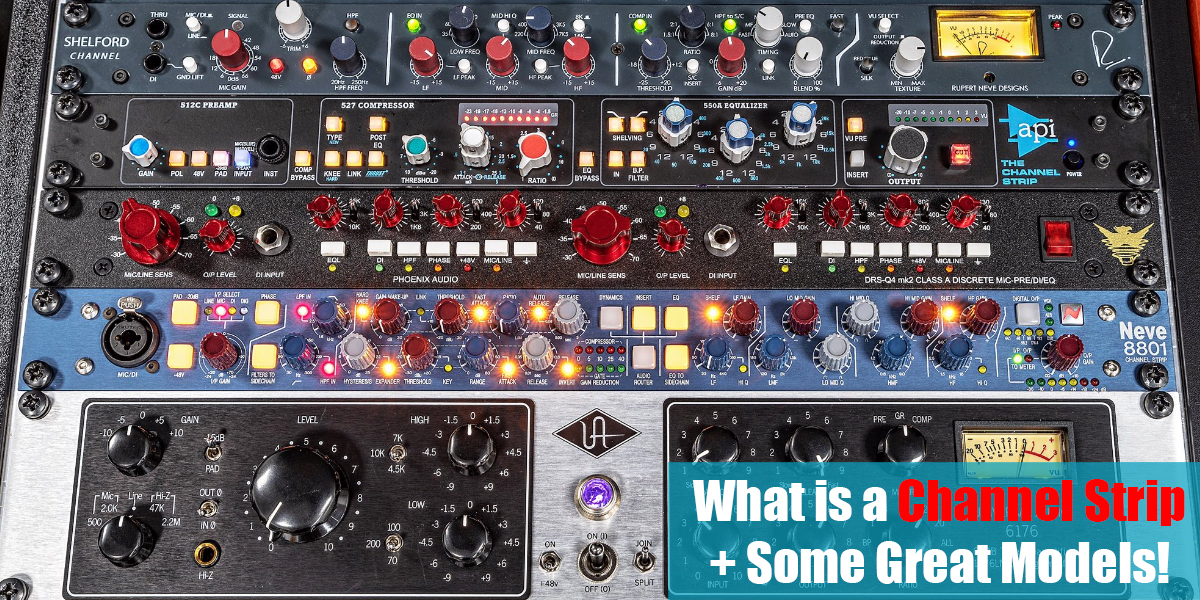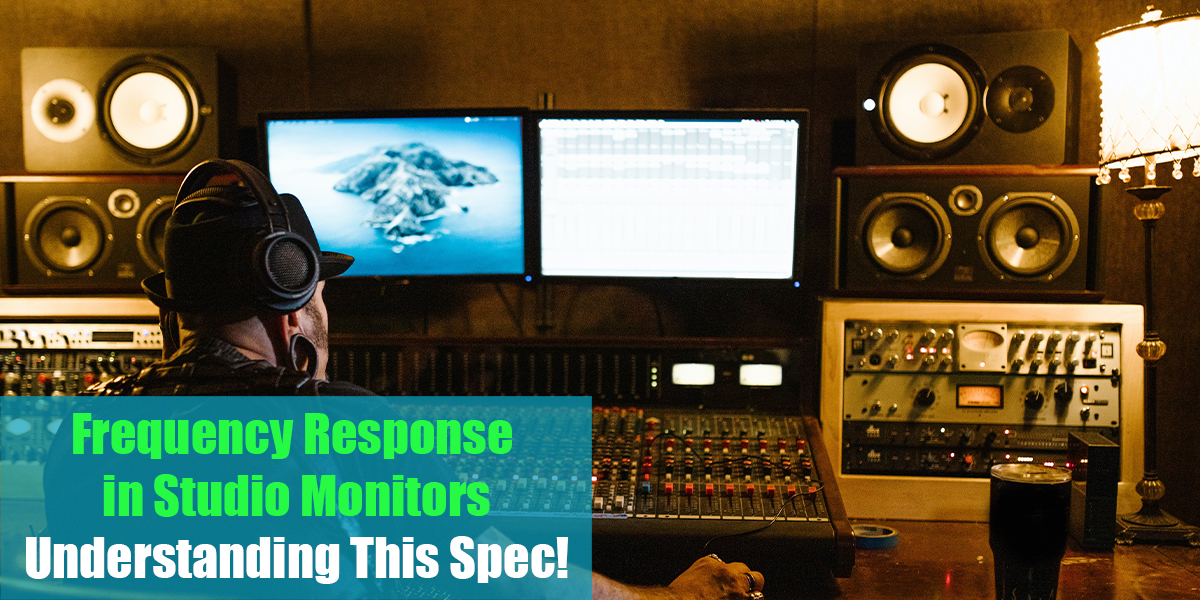What is Audio Engineering? 3 Most-Common Jobs for all Audio Engineers!
What’s an Audio Engineer?
Do you’ve got an awesome ear for music, and like an extra technical method of expressing your musical expertise? A profession as an audio engineer could be an ideal profession match!
An audio engineer (or a sound engineer) is an educated professional who works with the mechanics of recording, mixing, and reproducing sound. Audio engineers aren’t the same as sound producers, writers, or performers, as they deal particularly with the technical and the mechanical elements of music and sound; nothing else.
So what’s audio engineering? The very fundamental thought of audio engineering is having the ability to get sound from one place to another. For instance, if we take into consideration what occurs in live shows – sound begins with the vocalist singing right into a microphone. Where does the sound go from there? How does the crowd get to listen to it coming out of the audio system?
That is all doable due to the recording arts and sciences that permit us to seize and playback sound!
These are simply widespread examples of the significance of audio engineering. In every scenario, now we have an authentic sound source – a singer, or an actor. That sound must be picked up by a microphone. From there the sound is transformed into electrical energy, which allows us to alter where the sound can go, what we are able to do with it, and what it really sounds like. At this level, we are able to select to record or make a duplicate of this audio. By recording the audio, we then gain the power to play it again and share it with others!
What does an Audio Engineer do?
An audio engineer works with the technical elements of sound through the processes of recording, mixing, and reproduction. Audio engineers usually help record producers and musicians to help give their work the sound they’re hoping to attain.
For instance, an audio engineer will piece together components of a track, use auto-tune on a recording, and/or add artificial sounds to a track. Audio engineers are totally different from producers. Nonetheless, some audio engineers go on with their careers to double as producers or assume the position of producer. There are a number of subfields of audio engineering that one can grow to be involved in.
Studio Engineer
A studio engineer works carefully with producers in a studio. Typically studio engineers double because the producer and work independently.
Assistant Engineer
An assistant engineer normally works in a studio setting as well. They’re usually apprentices to studio engineers who own or work in giant facilities.
Recording Engineer
A recording engineer is somebody who focuses particularly on the side of recording sound.
Game & Audio Design Engineer
A game & audio design engineer helps work with the sound engineering on video games, in addition to the way to appropriately add sound to the game.
Mix Engineer
A mix engineer focuses on mixing together totally different tracks to mesh and create a brand new track.
Mastering Engineer
A mastering engineer smooths over the outcomes of a mix engineer, making the ultimate product into a whole.
Live Sound Engineer
A live sound engineer works on live occasions to ensure the sound is of applicable value and top quality.
Monitor Engineer
A monitor engineer works with live sound engineers to assist the performers on a live occasion hear themselves.
Three most-common Audio Engineering positions
There’s a multitude of jobs out there under the unassuming description of “audio engineer”. If we expect in terms of a recording studio, the audio engineer is accountable for getting ready an ideal studio setting, assembly clients, and having the ability to efficiently ship what the consumer is on the lookout for – which normally goes to be a piece of recorded musical work. It’s your job as an engineer to have the ability to appropriately record the musician’s performance, and be capable to give them a superb high-quality reproduction of their sound.
There are three generally found positions when thinking about recording studio work:
Recording engineer
This is step one in making a record! This includes establishing and tuning musical instruments, selecting and placing microphones, operating cables, routing signs via audio mixing consoles or different outboard audio gear, and recording that audio to one thing – normally both a tape machine or a computer operating a Digital Audio Workstation (DAW).
You need Ear Training for these positions. Here's our article on how to train your ear!
Every microphone normally might be recorded to its personal “track”, which permits us to regulate how every instrument sounds afterward. Each track you’ve heard on the radio, in iTunes, on YouTube, or on a CD begins with this process! This process will also be related to the term “music production”, which actually is the study and concept of track creation.
This step is like creating all of your Recording puzzle items, which you’ll put collectively later.
Mixing Engineer
That is the second step in making a record. That is where we are able to take every of the individual audio tracks we recorded in the first step and put them together to sound like a piece of cohesive music production expertise. We will use strategies like panning between stereo channels (shifting the audio left or right in the audio system), setting EQs to make every instrument sound good, and balancing the audio levels so that every instrument will be heard appropriately. That is where a lot of creativity will be applied, utilizing effects, signal processors, and automation.
Mixing is kind of like taking your entire Recording puzzle items, and placing them collectively to make an image.
Mastering Engineer
That is the final step within the recording chain. That is the place we take the completed, mixed recording, and run it via some final processing – limiting, compression, EQ tweaks – which put together the track for distribution (where we’re able to put songs on iTunes and print CDs). This step actually helps to make the track sound completed, polished, and maybe most significantly it makes the track sound the same on any playback system and speaker setup.
We may consider this as framing our puzzle and placing it on display for everybody to see!
A few of these elements can play roles within the different audio recording disciplines as well. That’s the great thing about audio engineering – it’s a science! That is like any other artwork college – creativity is vital, however, there’s a science behind how to get good sounding audio. From understanding the physics of how sound propagates (develops and travels within the air), to understand why we use an equalizer (EQ) to take away an undesirable frequency (tone) in a snare drum, there’s a very particular set of sciences.
Check our take on Self Mastering your Track
Conclusion
In case your current audio data is next to nil, you’re the kind that enjoys an educational setting, and also you’re passionate–and even simply curious–about studying audio, then going to college for an audio engineering diploma might be a superb move. At the very least, you’ll discover out in a short time whether or not it’s “for you.” If the material sticks, you’ll come out on the opposite side with far more information than you had before!
That being mentioned, if audio college looks like an impracticality for any of the aforementioned causes, don’t think it’s a ceremony of passage in changing into an audio engineer. Self-taught expertise is simply as viable as these formally taught in school.
Check our eBook on Mixing Tips! If you want to get a more in-depth breakdown of those tips we share, follow our link and get the “Ultimate Mixing Tips Booklet” and up your game quickly!

